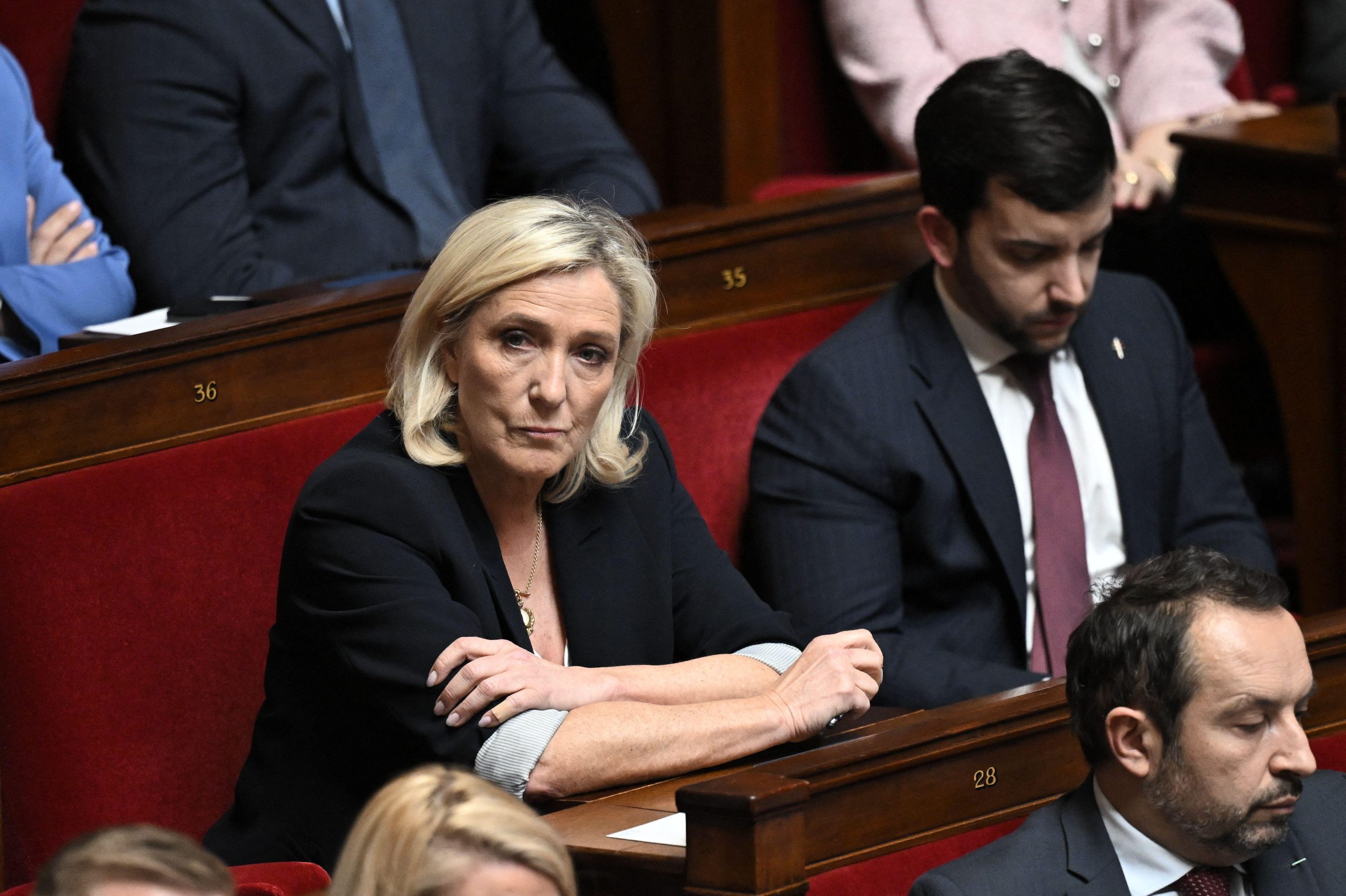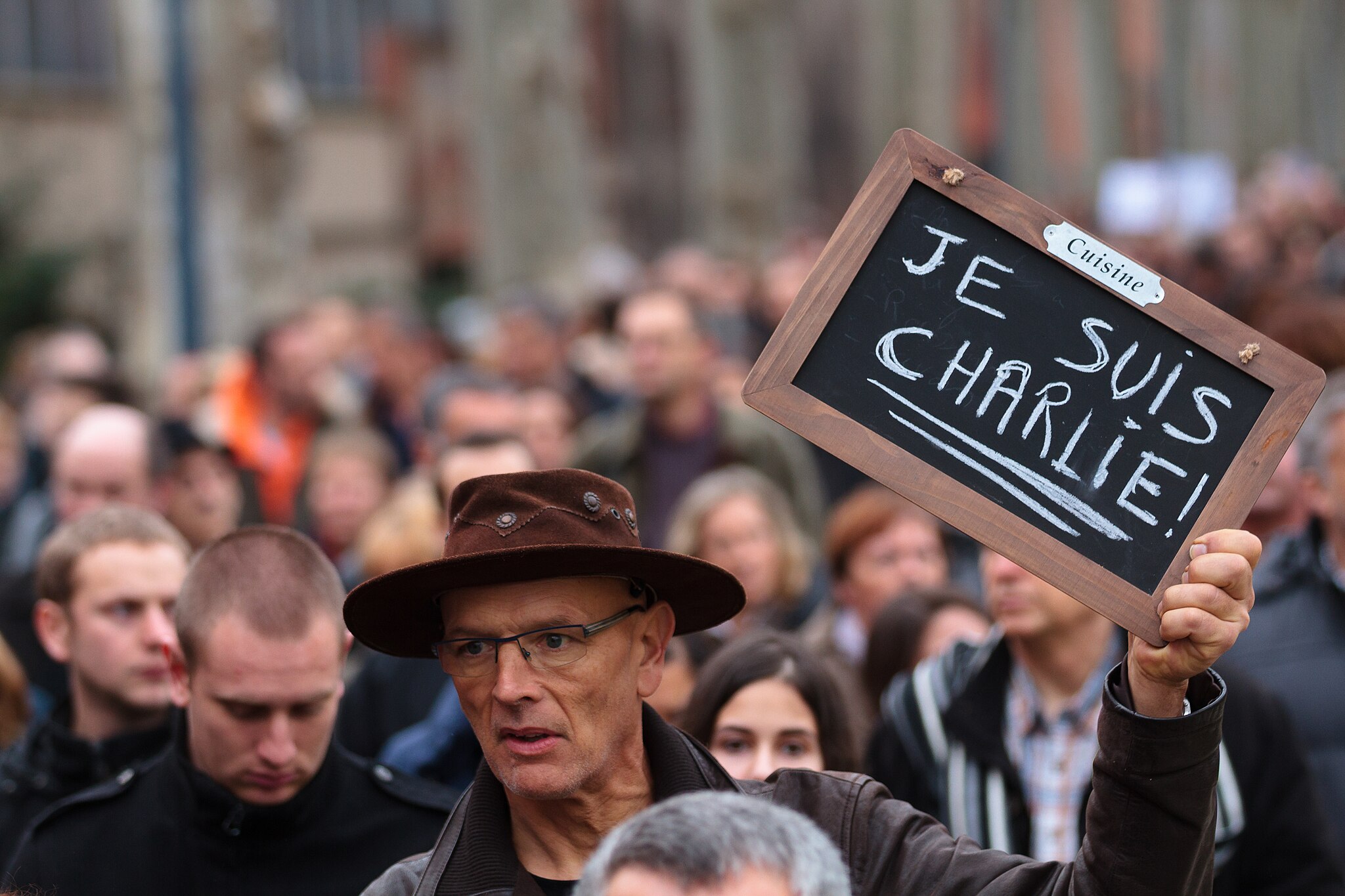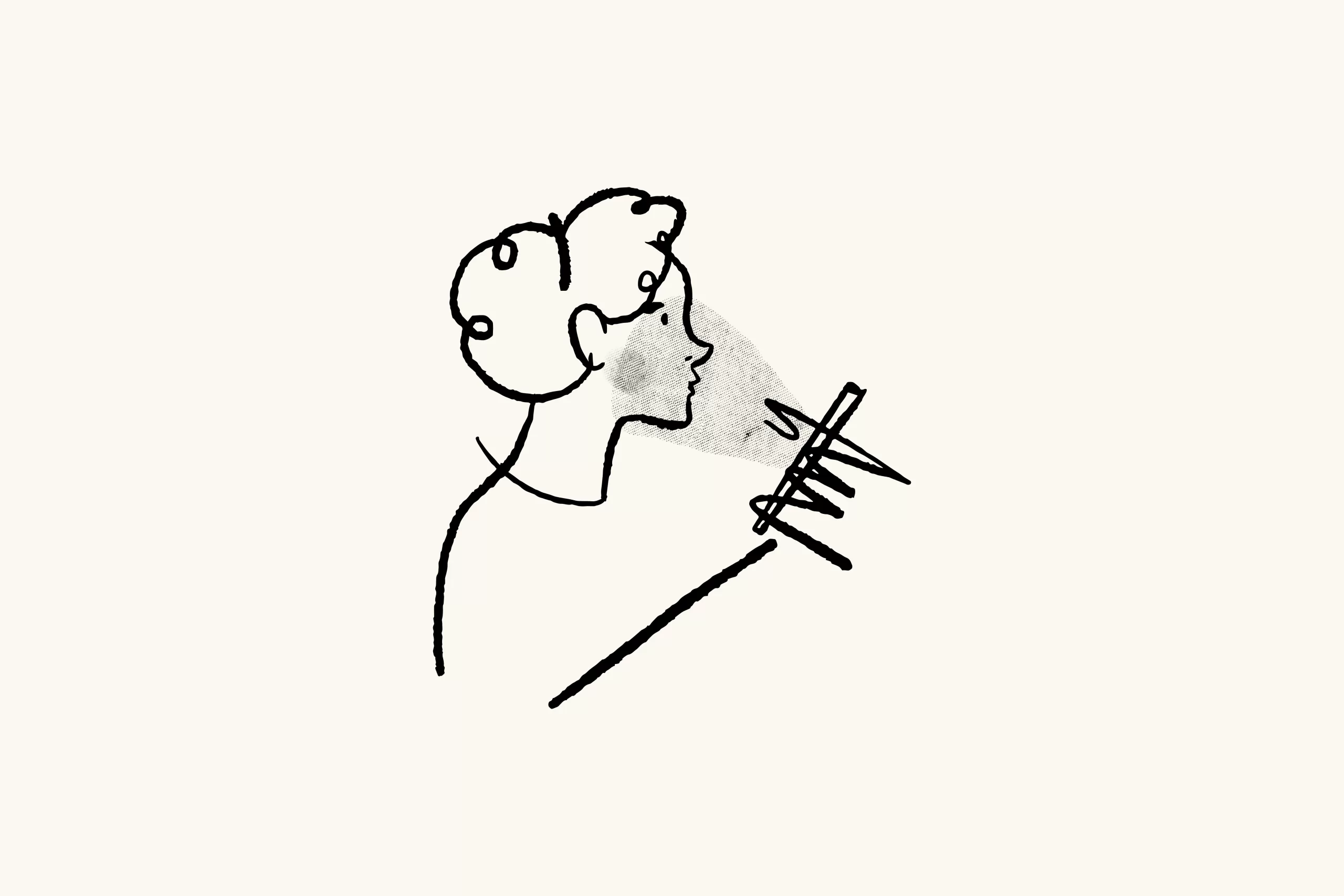The decision not to air the last episode of Du Jour au Lendermain and recent budget cuts have critics up in arms over changes to the cultural arm of Radio France.
Alain Veinstein, a French writer and poet has been hosting the radio programme called Du jour au lendemain for 29 years on France Culture, a French public station dedicated to culture.
Olivier Poivre d’Arvor, director of France Culture, decided not to air Veinstein’s last show, dating from 4 July, unhappy that the host had decided to interview himself and not a writer, and to talk about what the end of his show meant to him. A programme dating from November was re-aired instead. Veinstein denounced “a rare case of censorship on the radio” while talking to Le Monde.
In the end, the director of France Culture decided to make the programme available online. In a 35 minute-long monologue, Veinstein explained he had learned by email that same morning that his programme would be discontinued.
“It would have been fine for him to say farewell for 3 minutes, even to express negative views on the fact his programme was discontinued. But my job is to make sure that the radio is not taken hostage. There was something obscene in explaining that after him it would be chaos”, Poivre d’Arvor told Libération.
“A public radio station is not a private one, nor a place to do a pro domo speech, not for Alain Veinstein or any of us. (…) Ensuring the renewal of generations on the radio is to strenghten France Culture’s future”, he continued.
Several personalities who have been working for Radio France for a long time – David Mermet, Ivan Levaï – have been dismissed recently, in a move that seems to show the new management of Radio France wants to appeal to a youth audience by employing younger presenters.
On the listeners forum, there were some very hostile reactions to Poivre d’Arvor’s decision.
“From someone who’s constantly reduced the importance of culture on France Culture radio to reinforce news, tacky sensationalism, while adding a dose of mediocre tourism, it’s a bit much to say this programme didn’t fit in”, wrote one commenter. Another listener added: “Why is Poivre d’Arvor deciding instead of the programme’s producer what is going to be of interest to the audience?”
In February, the Conseil national de l’audiovisuel (CSA), an institution whose role is to regulate the various electronic media in France, such as radio and television, named 37 year-old Mathieu Gallet as the new head of Radio France. Under the Sarkozy presidency, Gallet is known to have helped writing a law that enabled the French president to name the heads of public television. This power has now been returned to the CSA.
At the end of June, the management of France Culture announced a 7.5 per cent cut in the budget for all shows except news broadcasts. In a joint release, the society of producers of France Culture, France Inter and France Musique denounced the fragility of radio hosts, who are not France Culture employees but “intermittents du spectacle”. Veinstein discussed the “intermittent” status in his last programme.
Under French law, some 250,000 workers in the film, theatre, television and festival industry, known as intermittents, benefit from a system that pays them during periods when they do not work. Many of them have been keeping the pressure on during summer festivals, and went out on strke, as they are unhappy with a deal reached between some unions, employers and the government in March which would increase their payroll taxes.
As Veinstein put it in his Le Monde interview: “Night has fallen for good. Don’t ask me what tomorrow will be made of. Tomorrow is today without tomorrow (…) It’s been a beautiful day, all the same. Du jour au lendemain is entering the past.’
Recent reports from France via mediafreedom.ushahidi.com:
Accused of collecting data on journalists, Front National threatens them
This article was posted on July 14, 2014 at indexoncensorship.org




